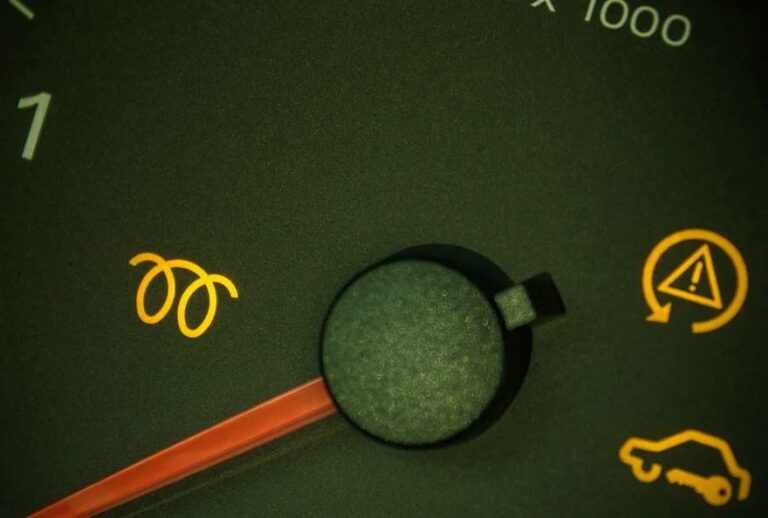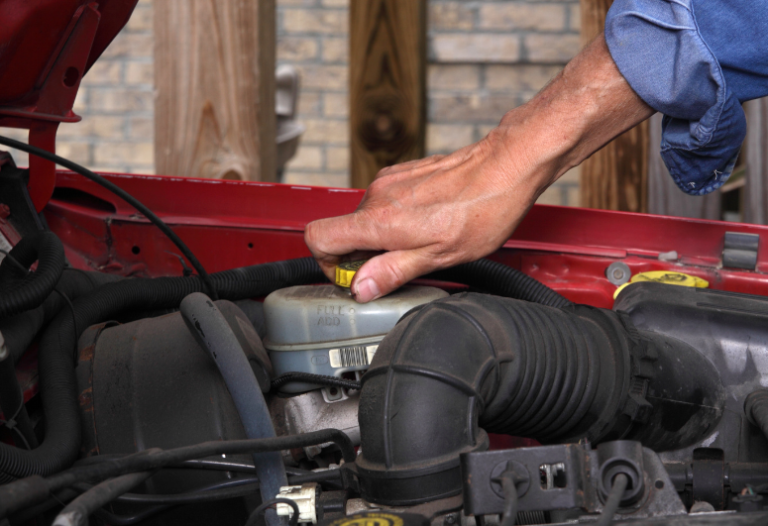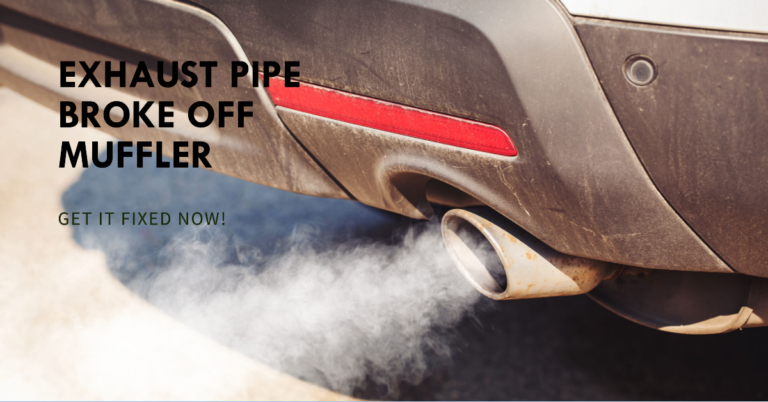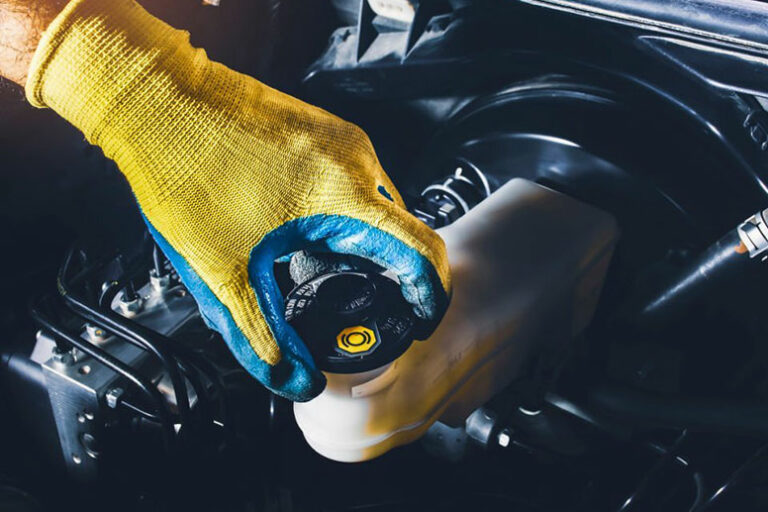Can You Use Water Instead Of Coolant In The Summer? The Benefits And Drawbacks Of Using Water Instead Of Coolant

Many people understand that the engine coolant reaches the car radiator. In the winter, coolant—sometimes known as “antifreeze”—prevents the liquid in the radiator from freezing and cracking. At the same time, in the summer, it helps in regulating engine temperatures and avoids overheating.
It can be recommended to use water rather than coolant. For this reason, using the correct coolant in your car is essential. Can you use water instead of coolant in the summer? This article will examine whether it’s okay to use water in your automobile instead of coolant.
Can You Use Water Instead Of Coolant In The Summer?
Maintaining your car cool increases in response to the rise in temperature. Can you use water instead of coolant in the summer? The issue of whether or not it is possible to use water as an alternative for coolant in the summer is an issue that car owners often raise.
The swift reply is both yes and no. While water helps maintain your engine cool, it comes with certain downsides. Since water evaporates quicker than other coolants, you must refill it frequently.
Also, water creates rust and deposits to pile up in your engine; this can result in the need for costly fixes in the future. Thus, even though water can act as an option in an emergency on a short-term basis, it should never be used in place of the coolant.
In a vehicle’s engine, the coolant serves a vital part. Not only can it maintain the engine cool, but it additionally guards against corrosion and freezing. This contrasts water, which has a lower freezing point and increases the corrosion process.
The radiators are liable for dissipating the heat that is taken up by the coolant as it works its way through the engine. Coolant, typically made up of water and glycol to reduce its freezing point, cannot remove heat from an engine if water is missing from the mixture.
Furthermore, coolant can include chemicals that prevent the growth of corrosion and deposits on the engine parts.
Can You Use Water Instead Of Coolant In The Winter?

Anyone with a car knows how crucial it is to verify the amount of coolant in the radiator. Coolant stops engines from getting too hot and prevents water from freezing in the radiator.
Others think they can save cash using water rather than temperature, which is a mistake. Water is often used rather than a coolant, but sometimes it isn’t the best option.
For example, if the temperature outside goes below 32 degrees Fahrenheit (15.6 degrees Celsius), using water as a coolant can cause more harm than help, as it can freeze and spread, harming the cooling system. We all know that when it’s that cold, it freezes.
Think about having water in the radiators or lines of your cooling system. When water expands, it harms both these parts and any other parts that are present. When water freezes, it expands and can put excessive pressure on radiators, which may lead them to leak or break.
Additionally, water doesn’t move heat away from engines effectively, which could cause them to overheat. Using coolant during the winter is always ideal for the best engine safety.
While living in a cold environment, it’s crucial to consider how cold water freezes compared to how cool it is. Water freezes faster than the coolant, so if you live someplace cold, be mindful that your drinking water can freeze before your coolant does.
Importance Of Coolant

The term “antifreeze” is also used for a coolant; however, the term is confusing as the coolant’s primary role is not solely to avoid freezing. It is an additive that, when combined with water in a ratio of 50/50, expands the temperature range over which water can boil or freeze.
The water/coolant combo freezes at minus 35 degrees Fahrenheit instead of 32 degrees Fahrenheit but heats at 223 degrees Fahrenheit instead of 212 degrees Fahrenheit. The heat in the usual combustion procedure may swiftly build up, ending in high temperatures that may lead the cylinder head to warp or the gasket head to burst.
Additionally, it can lead to an array of more severe kinds of engine harm. If you chose to use water only instead of the coolant combination, the extreme temperatures in the engine could quickly bring the water to boil and make it disappear, which implies that you would swiftly run out of any coolant whatsoever, which could lead the engine to overheat swiftly.
Using only water could make the water in the engine freeze in cold temperatures, which can result in breaks in the radiator or heater core, warping in the cylinder head, and harm to the engine block. Using coolant will stop the water from freezing in the engine.
Since it remains liquid under the most severe conditions and temperatures, coolant is crucial in keeping your car’s engine working correctly over a long time.
You have to make it a routine of inspecting the coolant levels in the car frequently so there is enough of it and add more if necessary. However, it would help if you kept a ratio of water to coolant equivalent to 50/50.
Any water in this solution should be pure, distilled water, not tap water. Tap water can contain minerals that may build up in the radiator and restrict the coolant from flowing correctly. Choosing pure, distilled water instead of tap water is the best way.
If you move your car on the floor of your garage, you can see the color of the coolant, that’s often an intense hue. As soon as you are familiar with any leaks, take immediate steps to fix them. Also, verify if it suits your driving car before using any coolant.
Using a coolant that isn’t meant for your vehicle can result in corrosion within the engine and harm to certain parts, like hoses, belts, cylinder gaskets, the radiator, and the water pump.
What Can I Use Instead Of Coolant?
If you’re in an emergency and need a quick solution, plain clean water is ideal. After all, getting some liquid in the cooling system is preferable to having none.
But there is a drawback when using water rather than a coolant. The freezing point of water is far greater than that of antifreeze.
How Long Can I Use Water As Coolant?
We’ve seen how water can cool things down in a crisis. But it would help if you only drove for a short time.
If you continue to drive with water for a while, you could end up with layers and damage in the parts of the cooling system. Thus you can only use water for a short time; it is only usable for a short time.
Disadvantages Of Using Water As Coolant
It would help if you minimized the time spent behind the wheel when the radiator was full of water. If the engine becomes too hot, pull over and let it cool down before proceeding.
Many new cars are fitted with a technology that automatically turns off the engine if it gets too hot. The engine would be shut off by this method, and it wouldn’t be possible to start it once again until it had cooled down properly to do so.
Conclusion
Can you use water instead of coolant in the summer? Water and coolant are two completely different things. Coolant is a synthetic liquid produced explicitly for advanced cooling systems instead of water, which has been used for cooling systems for ages.
Although water can be enough for older systems, a coolant is required for more modern designs. Coolant is considerably more effective at moving heat than water, and it includes substances that safeguard against corrosion and scale building up.
Water is also more inclined to evaporate. In addition, coolant often has a lower freezing point than water, preventing it from freezing during periods of cold weather.
Thus, it is highly suggested that you use coolant rather than water in the cooling system; utilizing water rather than coolant may result in the early breakdown of the system.





